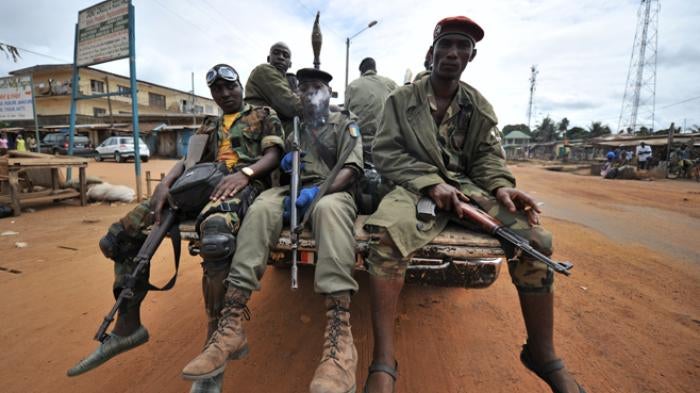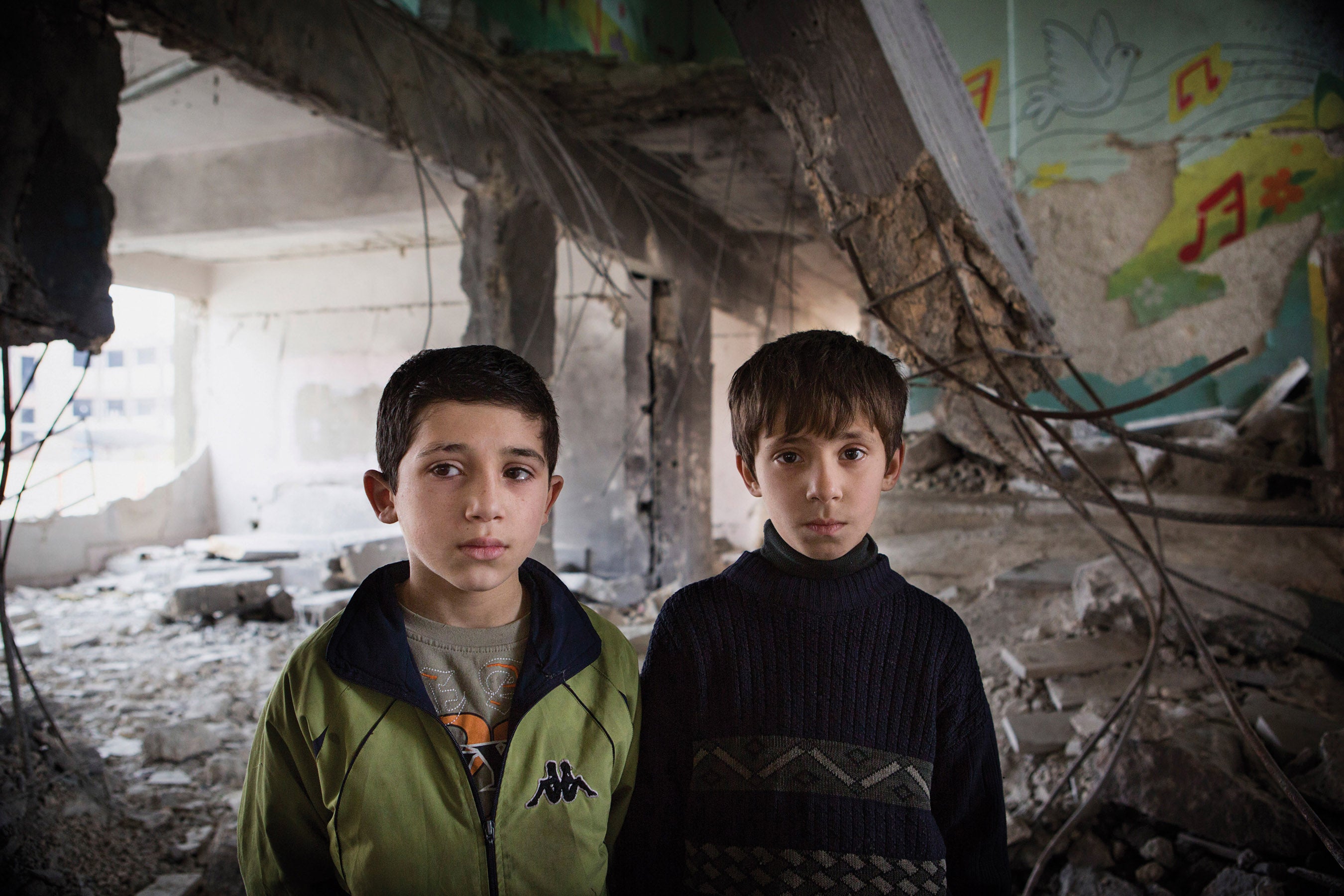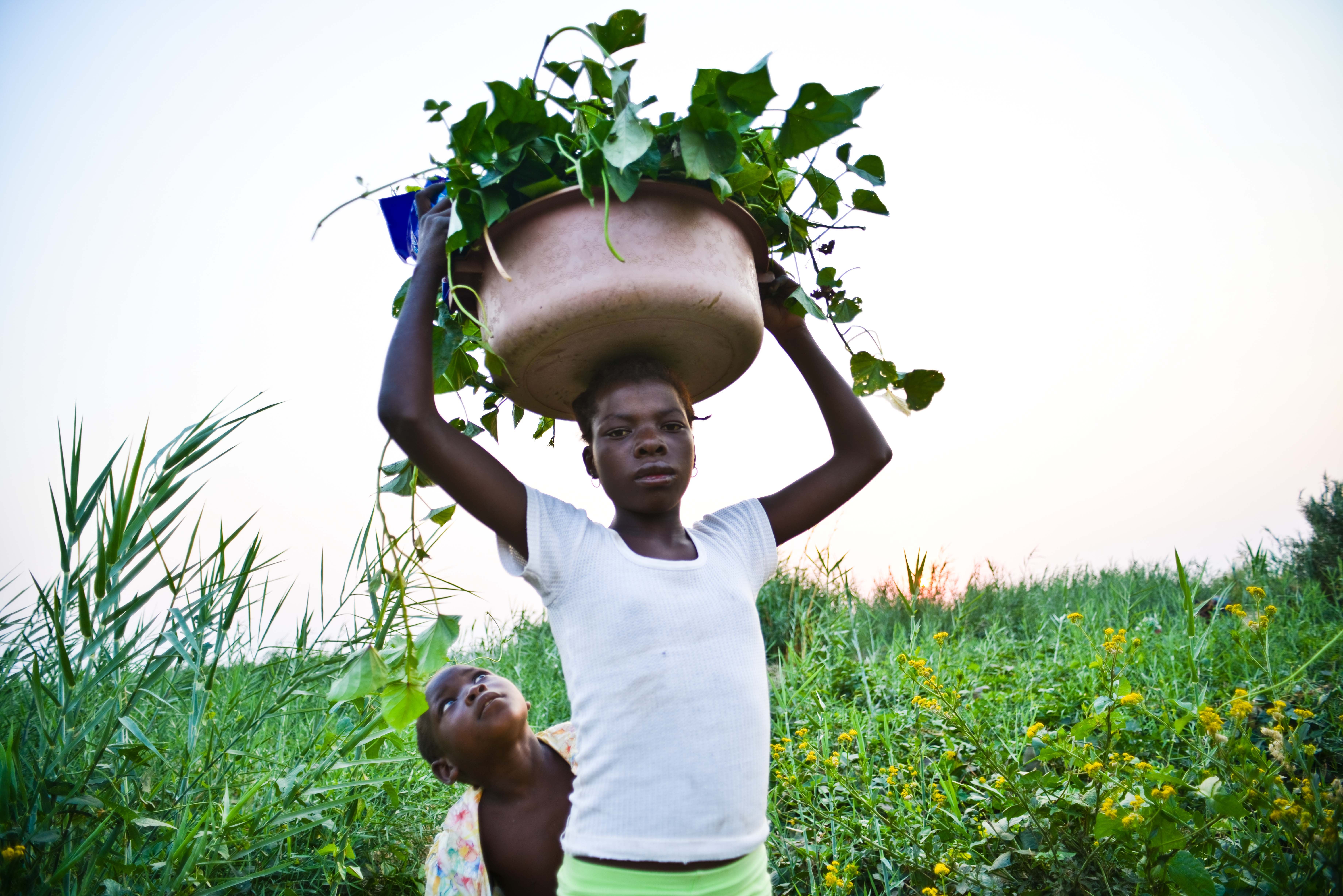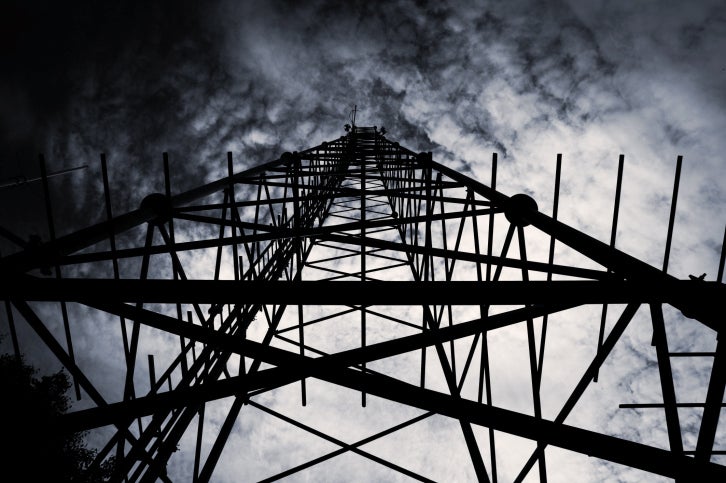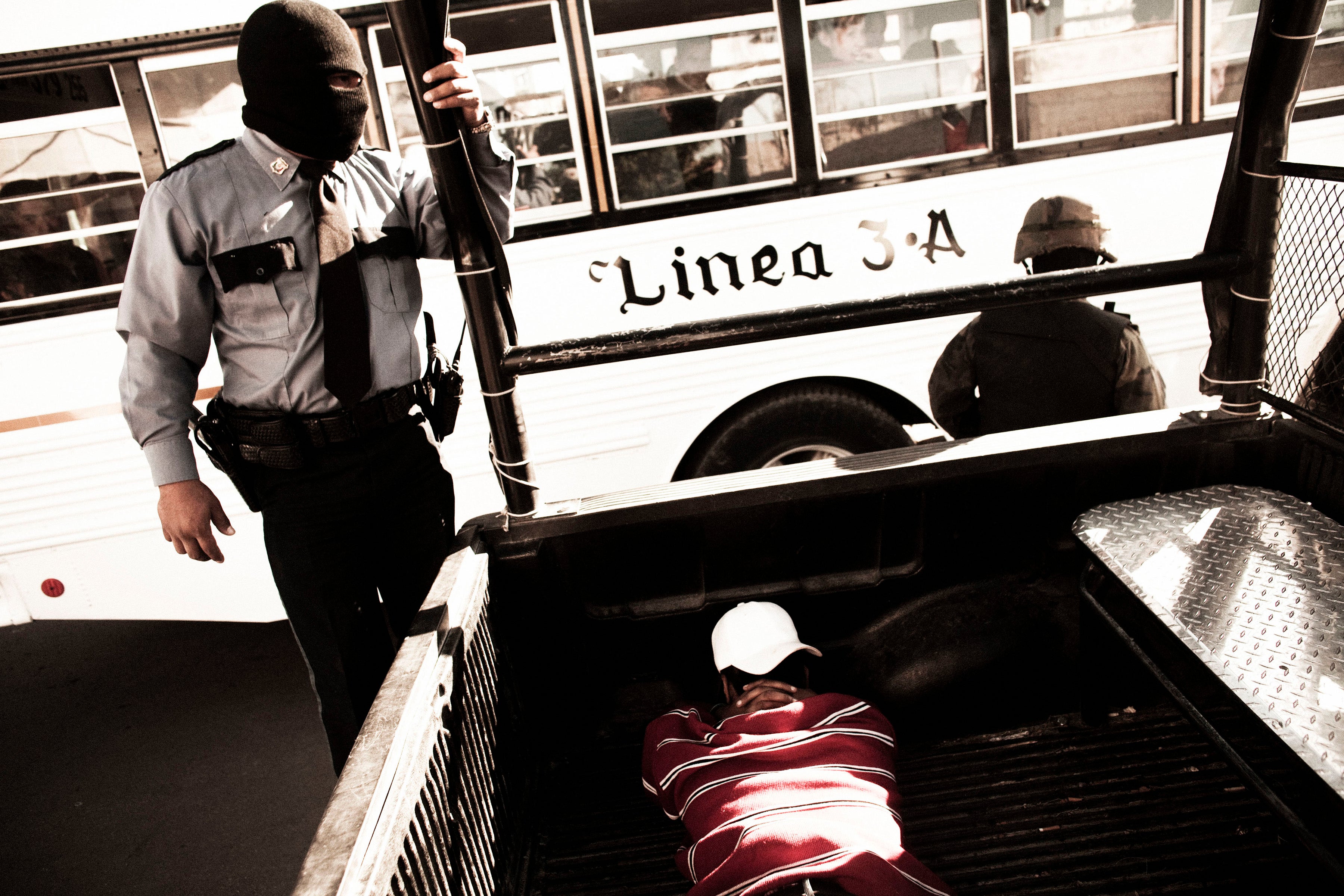Côte d’Ivoire
During 2013, the government of President Alassane Ouattara made progress in creating the legislative framework for greater respect for human rights and in ensuring better discipline within the security forces. Inadequate headway was made in strengthening the judiciary’s independence, ensuring accountability for crimes committed during the 2010-2011 post-election crisis, and addressing root causes of the country’s decade of violence—notably impunity, corruption, land conflict, and the proliferation of small arms.
Security force abuses decreased from 2012, in part due to government efforts. However, members of the security forces continued to engage in numerous human rights violations and acts of criminality, including arbitrary arrests, cruel and inhuman treatment of detainees, and extortion at checkpoints.
One-sided justice for the post-election crisis undermined reconciliation and, together with ongoing weaknesses within the judiciary, hindered progress in establishing the rule of law. While Ivorian authorities have investigated and charged numerous supporters of former President Laurent Gbagbo for their role in the post-election violence, there has been a near complete absence of accountability for serious crimes committed by President Ouattara’s forces. The government made some efforts to improve access to justice for other crimes, including by opening a new tribunal in western Côte d’Ivoire, but corruption and the judiciary’s lack of independence remain a general concern.
The country’s security situation improved, though land conflict simmered in western Côte d’Ivoire with ineffective government response, contributing to several cross-border attacks from Liberia and small-scale inter-communal violence. As disarmament proceeded slowly, the country remained awash in guns, often in the hands of disgruntled former combatants.
Some of Côte d’Ivoire’s partners, notably the United Nations and the United States, showed more willingness to criticize the lack of accountability for past crimes, while others, particularly France, remained largely silent. The International Criminal Court continued investigations, though many Ivorians criticized the lack of progress in the investigation of crimes by pro-Ouattara forces.
National Justice for Post-Election Violence
The Ouattara government has failed to deliver on its promise to render fair and impartial justice for crimes committed during the 2010-2011 post-election crisis. This crisis was the culmination of a decade of politico-ethnic conflict in which security forces, rebel forces, and allied militia groups regularly committed serious crimes with complete impunity.
On the Gbagbo side, Ivorian authorities have charged more than 150 civilian and military leaders, including at least 55 with serious violent crimes. However, they have failed to charge a single member of the pro-Ouattara Republican Forces for the serious crimes they committed during the crisis. Ongoing investigations also appear one-sided. A national commission of inquiry reported in August 2012 that both sides had committed hundreds of summary executions, yet the UN reported that, as of July 2013, only three of the 207 investigations subsequently opened relate to perpetrators from pro-Ouattara forces.
Military trials against several key military leaders under Gbagbo were set to start in late November. At this writing, civilian courts had yet to begin trials for post-election crimes, meaning that most pro-Gbagbo defendants have languished in pre-trial detention for two and a half years, violating their right to a trial within a reasonable time. Ivorian authorities did provisionally release 14 pro-Gbagbo defendants in early August.
International Criminal Court
On September 30, the International Criminal Court (ICC) unsealed an arrest warrant against Charles Blé Goudé, the youth minister under Gbagbo, for four counts of crimes against humanity, following the unsealing in 2012 of arrest warrants against Laurent and Simone Gbagbo. Many Ivorians grew disenchanted with the lack of progress in the investigation of crimes by pro-Ouattara forces, although the Office of the Prosecutor stressed that its investigations would ultimately target both sides.
On February 15, Côte d’Ivoire ratified the Rome Statute, taking a positive step in the fight against impunity. In October, 18 months after the ICC issued an arrest warrant against Simone Gbagbo, the Ivorian government filed an admissibility challenge contesting her transfer on the grounds that national proceedings are ongoing for substantially the same crimes. The government has yet to respond to the warrant against Blé Goudé, raising further concerns about its intent to cooperate fully with the ICC.
In June, the ICC’s Pre-Trial Chamber asked the prosecutor to consider providing additional evidence in the case against Laurent Gbagbo, as it decides whether or not to confirm charges for four counts of crimes against humanity.
Security Force Abuses
The government and military prioritized human rights training for the armed forces, perhaps contributing to fewer abuses. However, members of the security forces continued to carry out arbitrary arrests and detentions; cruel and inhuman treatment of detainees; and frequent acts of extortion and theft at road checkpoints. The government took occasional action to reduce checkpoint extortion, including arresting some soldiers involved, though the problem remained widespread.
Authorities made little progress towards accountability for serious security force abuses committed since Ouattara took office, including the July 2012 attack on the Nahibly internally displaced persons camp, which left at least 12 dead; and the widespread arbitrary detention, cruel and inhuman treatment, and torture by soldiers that occurred in August and September 2012 following several attacks on military installations.
There have been no prosecutions for these crimes, although authorities have started investigations into the Nahibly case. The military prosecutor did investigate and prosecute some soldiers in other, less politically sensitive cases, including for murder and theft. While these prosecutions were significant, they also suggest that the failure to prosecute in more sensitive cases stems from lack of political will.
Land Rights
During the post-election crisis, violence displaced hundreds of thousands of people, either as refugees or internally within Côte d’Ivoire. Many people have returned to find their land illegally taken over through illegal sales or, in some cases, hostile occupations—violating their property rights and rights as returning refugees.
In August, the government passed reforms to land tenure and nationality laws, rightly recognizing their link to recent politico-military violence. However, it failed to adequately support local administrative and judicial mechanisms involved in resolving land conflicts, leaving many people unable to access their land more than two years after the crisis. Several attacks in March 2013 on Ivorian villages near the Liberian border were related to land dispossession, showing the potential for future violence if the government does not ensure the fair resolution of land disputes.
Disarmament and Security Sector Reform
The Ivorian government made slow progress in security sector reform and in disarming tens of thousands of former combatants who fought during the crisis. According to the UN, the government had by June 2013 disarmed and demobilized around 6,000 former combatants. Some armed former combatants engaged in violent criminality, while others staged demonstrations in several towns protesting the slow progress of reintegration programs.
There was improvement in 2013 in returning basic security functions from the military to the police and gendarmerie, but the military maintained a presence at road checkpoints and in leading the response to internal security threats. Although less visibly present than in 2011 and 2012, many youth who fought with pro-Ouattara forces during the crisis continued to perform security duties under military commanders. Several military commanders implicated in serious human rights abuses remain in key positions.
Sexual Violence
Sexual violence remained a major problem. The UN reported at least 100 cases of sexual violence in the first half of 2013, including many against children. Although not required by law, Ivorian authorities often refuse to undertake investigations unless the victim presents a medical certificate, for which she must pay. Accountability for sexual violence is further undermined by the dysfunctional state of the cour d’assises, the Ivorian courts mandated to try such cases. Authorities often have to downgrade rape to indecent assault, which can be prosecuted in other courts but carries significantly less penalties.
With assistance from the UN, the Ivorian government is finalizing a national strategy to combat sexual violence. The government and military have also prioritized reducing sexual violence by the security forces. While these represent important steps forward, deficiencies among law enforcement and the judicial system continued to hinder investigations and prosecutions of most sexual violence cases. In addition, victims’ access to health and psychosocial services remains limited, particularly outside Abidjan.
Corruption
The UN Group of Experts, appointed by the Security Council to monitor the sanctions regime in Côte d’Ivoire, reported in April that former rebel warlords—now commanders in the Ivorian military—are plundering millions of dollars from the Ivorian economy through smuggling and a parallel tax system on cocoa, timber, and other export goods. Such corrupt practices could potentially undermine efforts to improve access to health and education, among other rights.
In November, 14 former cocoa sector officials, originally charged in 2008, were convicted for embezzling hundreds of millions of dollars between 2002 and 2008. Authorities have yet to credibly investigate the role of high-level political officials also believed to have been implicated and to have used the embezzled funds, in part, to purchase arms.
Key International Actors
Many of Côte d’Ivoire’s international partners, including France, remained largely silent on the lack of accountability for past crimes, failing to learn from Côte d’Ivoire’s own history the dangerous costs of impunity.
The European Union, France, and the United States supported justice and security sector reform, along with the UN mission in Côte d’Ivoire (UNOCI), which also monitored human rights abuses and helped implement human rights training for the security forces.
The UN Human Rights Council’s (HRC) independent expert on human rights in Côte d’Ivoire published reports in January and June, highlighting, among other things, concerns about the one-sided nature of justice for post-election crimes and its impact on reconciliation.
